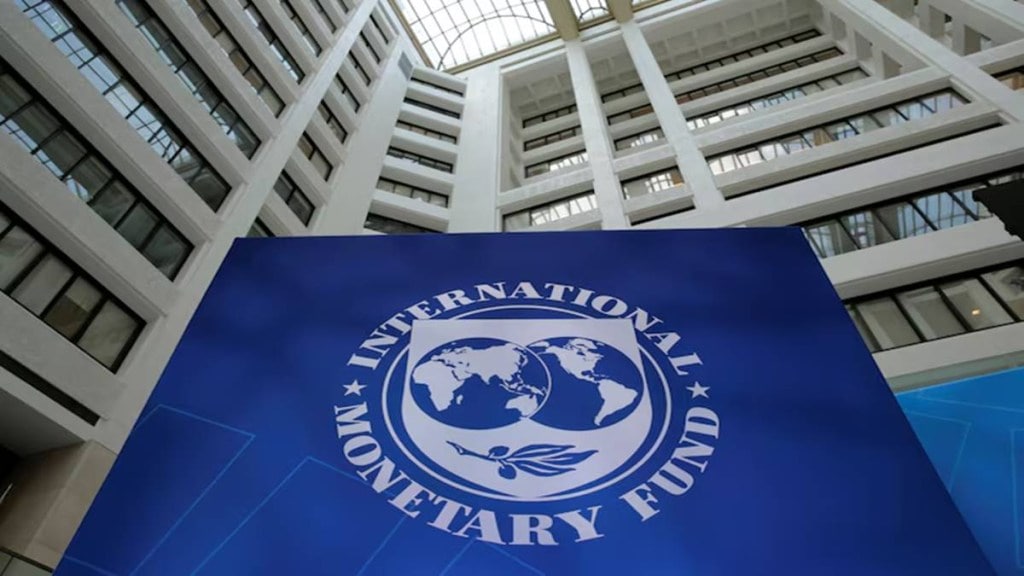While fiscal consolidation has progressed, achieving the fiscal deficit target remains challenging, necessitating disciplined spending and strengthened fiscal buffers to safeguard stability, the International Monetary Fund Executive Board directors in their report.
Amid a challenging global environment, the directors stressed the importance of maintaining sound policies and accelerating structural reforms to preserve stability and advance India’s long-term goal of becoming an advanced economy.
After the Article IV Consultation with India, the IMF Executive Board directors endorsed the authorities’ commitment to fiscal consolidation in the current year but emphasised that meeting the fiscal deficit target will require strict spending discipline.
Fiscal Challenge
The Centre has set a target to bring down the fiscal deficit to 4.4% of GDP in FY26 from 4.8% in FY25, amid a strain on tax revenues and additional spending on subsidies.
“While welcoming the recent simplification of the goods and service tax (GST), they called for careful monitoring of the fiscal impact of the reduction in GST and personal income tax rates,” the IMF said.
Structural Reforms
Directors also recommended that tariff relief measures should be targeted, transparent, and time-bound, and that the pace of fiscal consolidation in FY2026-27 should be conditional on the impact of tariffs on the output gap.
For the medium term, Directors stressed that fiscal buffers should be replenished by focusing on domestic revenue mobilisation, while also raising efficiency of expenditure including through a more targeted social safety net, IMF said.
Directors generally encouraged the authorities to review their medium-term debt target in light of the GDP rebasing next year, with a view to making it more ambitious.
Enhancing fiscal sustainability at the state level as well as carefully monitoring contingent liabilities would also be important, it added.
Despite global headwinds, growth is expected to stay robust, with GDP projected at 6.6% in 2025-26 and 6.2% in 2026-27—even under prolonged high U.S. tariffs, the IMF said. GST reforms are expected to cushion tariff impacts and help keep inflation well contained.

